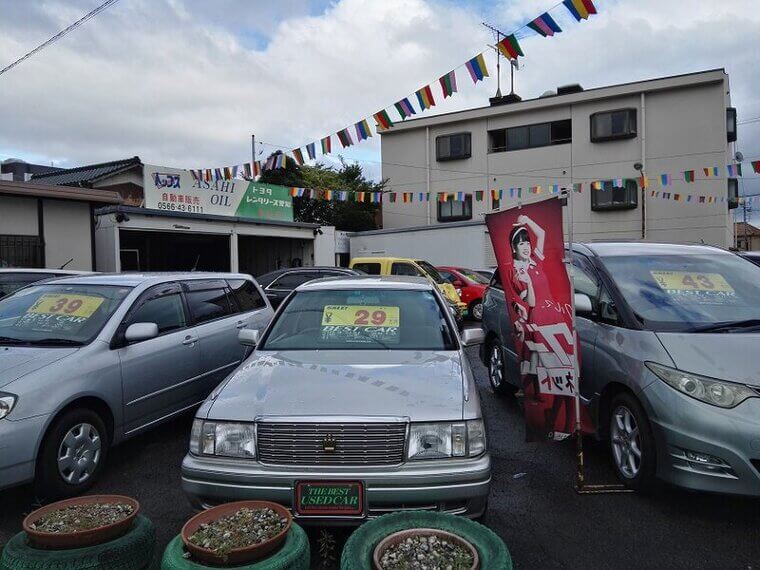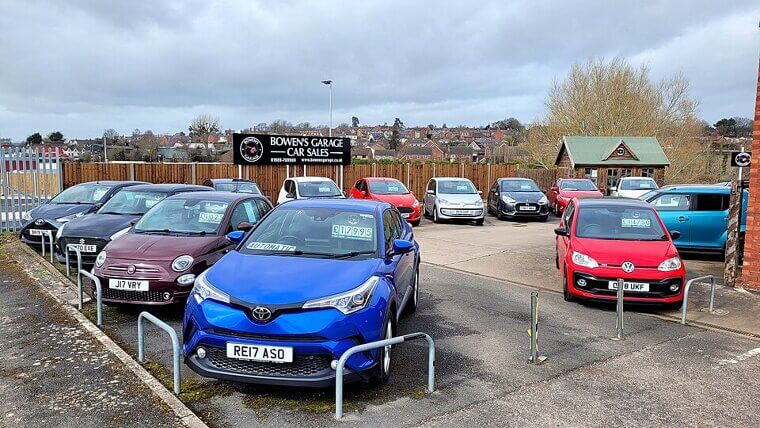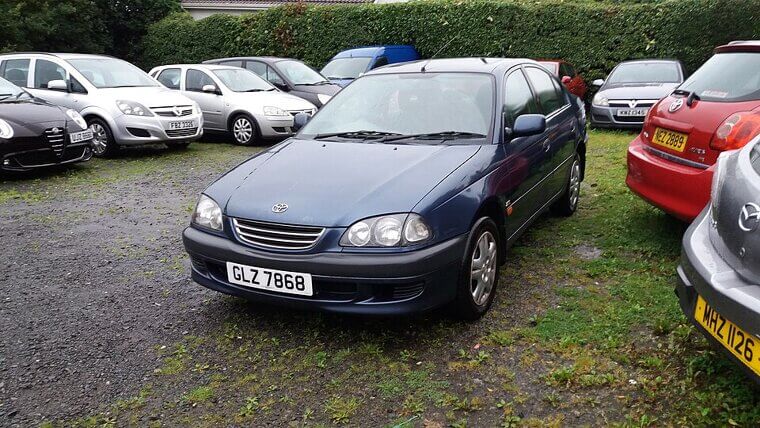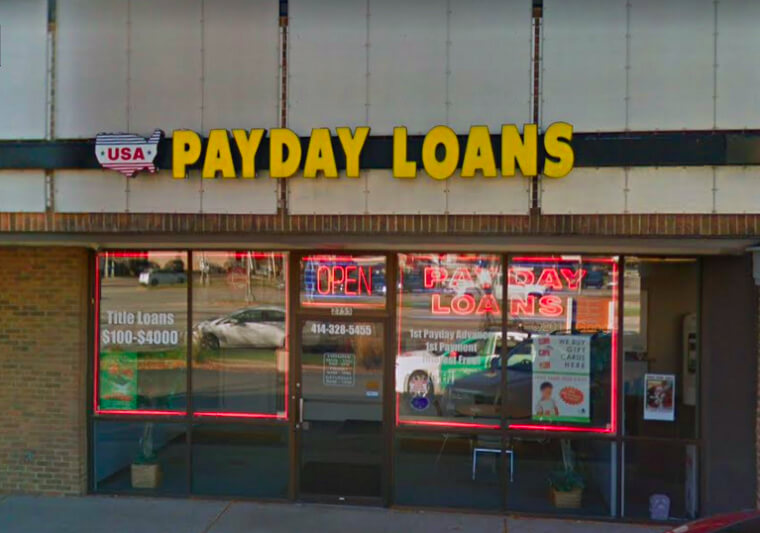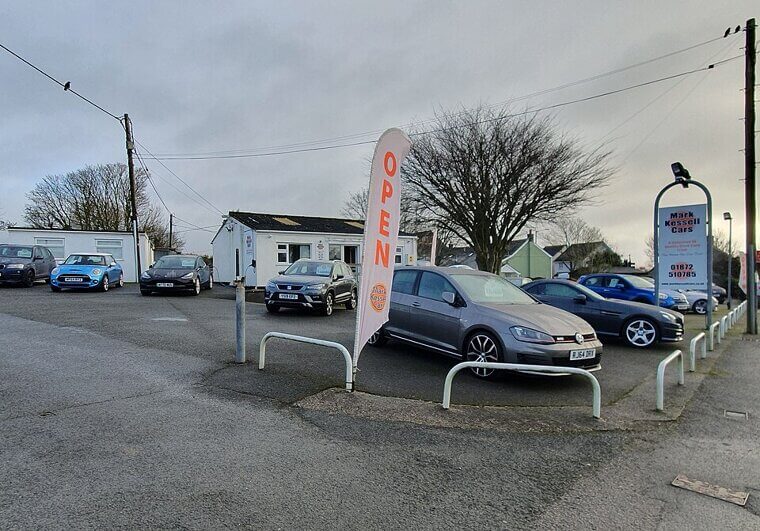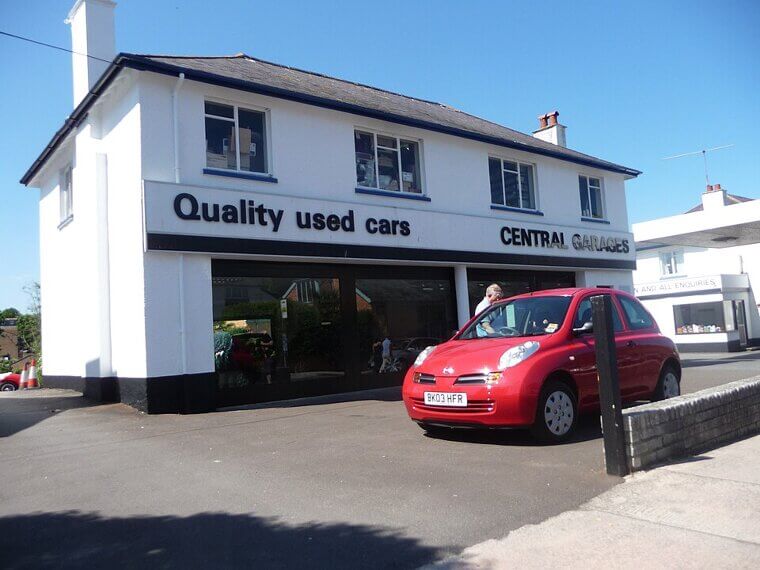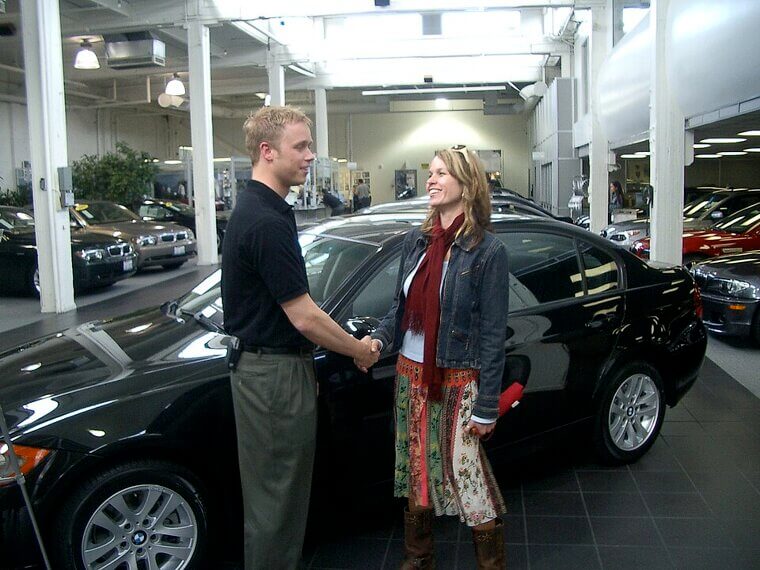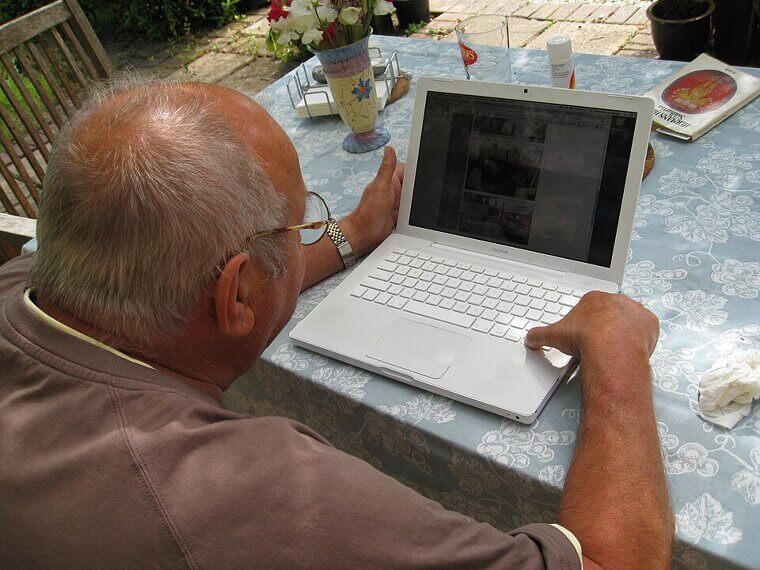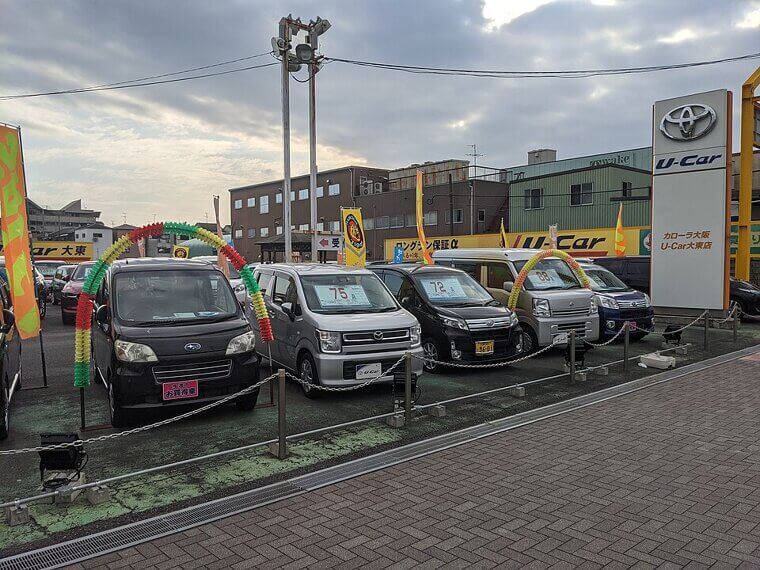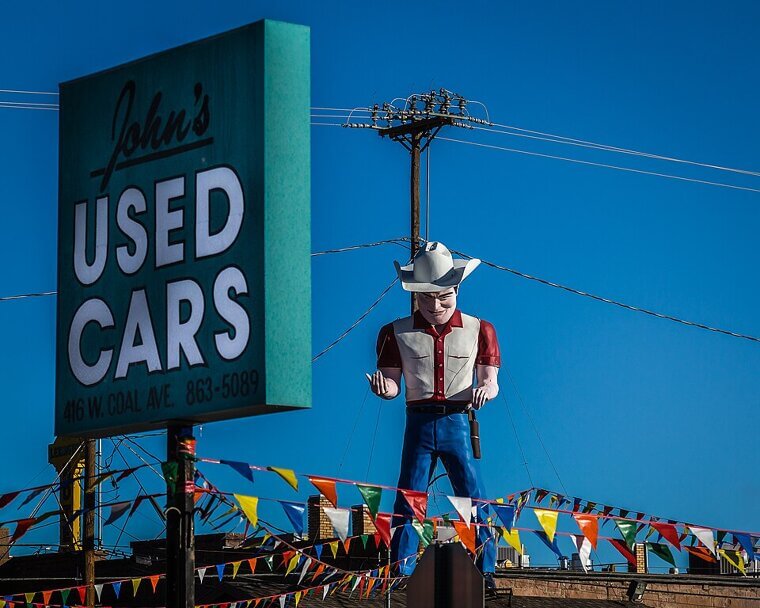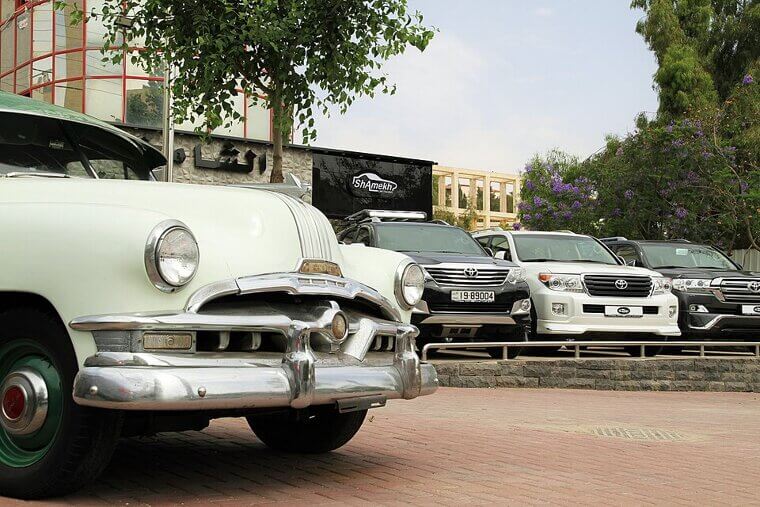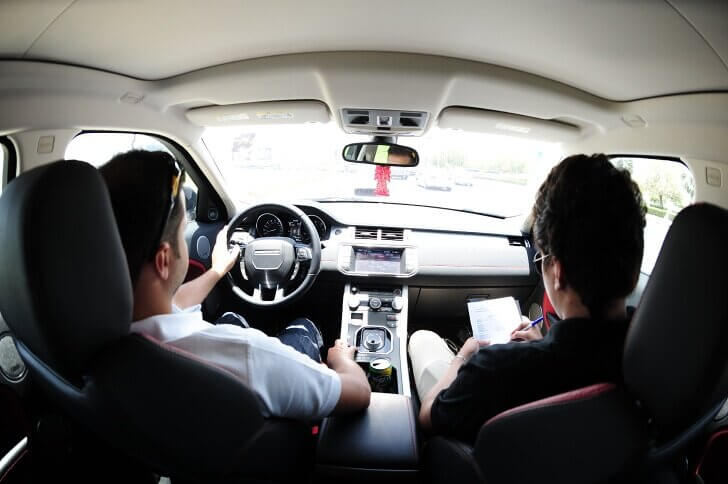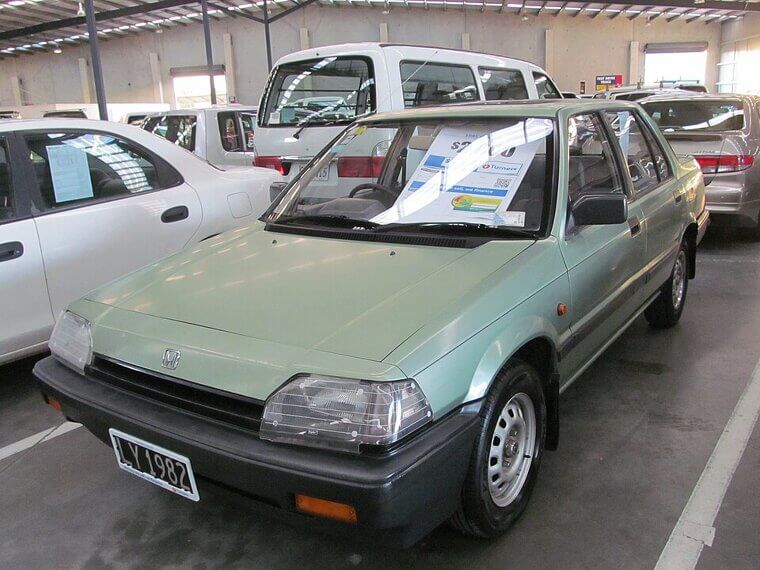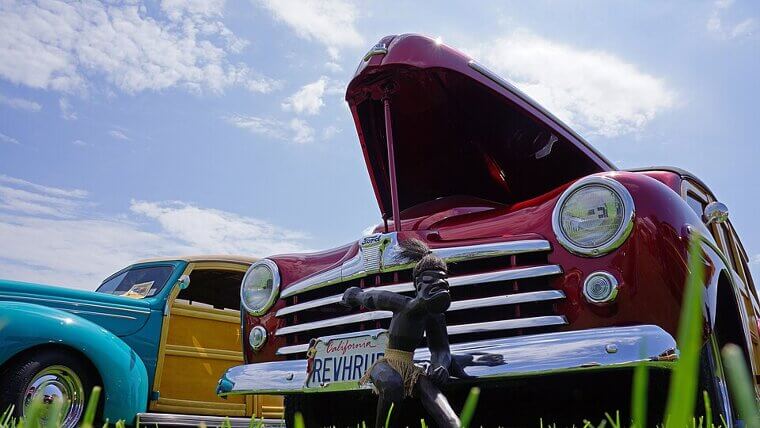Don't Rush Into Buying a Used Vehicle...
There's much to consider before buying a used car. Rushing into it without a plan isn't the greatest idea. So what should you do? Well, we're going to help you out. We'll be running through the ultimate guide to purchasing a used vehicle right here. Ready? Okay — let's get cracking, folks!
Use Depreciation to Your Advantage
All cars depreciate — it can't be helped! But you can use this to your advantage when looking at the used market. Newer vehicles lose a chunk of their value within the first 12 months. We're talking 20 percent or so. You could save big money targeting those motors at a used dealership.
Target Older Models
While newer motors do go down in price at used dealerships, you might find a better offer for an older vehicle. You see, some of the most eye-catching deals on the market are for outgoing models. If you're not fussed about the age of the car, you could bag a real bargain here.
Monitor the Local Market
Price fluctuations are part and parcel of navigating the used car market. That's one reason why you should never rush in — a better deal could be around the corner! So don't be afraid to monitor the changing prices in your local area. It doesn't hurt to stay on top of them, right?
Setting Your Budget
In addition to monitoring the market, this is a great time to set your budget as well. How much are you willing to pay to get your car of choice? If you have a specific number in mind, you're less likely to overspend when you eventually head to the used dealership.
Will You Need a Loan?
After setting your desired budget, ask yourself this — will you need to supplement it with a loan? Or can you afford it all with the money in your bank? It's important to take your time when making these types of decisions. The wrong choice could leave you in a spot of bother!
Preparing for Additional Expenses
Remember this, folks — you can't forget about the additional expenses when budgeting for a used car purchase. You'll be in for a nasty surprise if you do! Monthly insurance payments, potential repair bills, tax, and registration all have to be covered. Preparing for that will make your life a lot easier.
Compiling a Wish-List
Once the budget's been sorted out, it's time to have some fun. What kind of car are you looking for? A smaller model for yourself? Or a larger family vehicle? Put together a wish-list that covers everything you want from a used motor. It can narrow down your targets!
Special Considerations
Picture this — you've found the car of your dreams at the used dealership and decided to buy it. But when you eventually bring it home, you come to a horrible realization. It's too big to store in your garage! Always keep special considerations like that at the forefront of your mind. It'll save you from making an expensive mistake.
Look at Reviews
If you think you've found the right car for you, it's probably wise to still check some reviews before buying it. Whether it's from experts or consumers, they can give first-hand insight into what the vehicle's really like. A review could easily flag up something you might've missed previously.
Consider Certified Pre-Owned Options
What other research should you do before heading to the dealership? Well, it's a good idea to think about the kind of warranty you want. If that's a priority, then consider going down the certified pre-owned route. Those cars go through strenuous tests prior to hitting the used market. They've got excellent warranties as a result!
Choosing Between a Dealership and an Independent Seller
If given the choice, would you buy a used car from a dealership or an independent seller? The latter option is certainly cheaper — but it also comes with risks. Not all private sellers are completely transparent about the state of their vehicles. You won't have that problem at a proper dealership.
Asking Important Questions
Regardless of the risks, you can still go down the independent seller route — but you've got to be prepared. Don't be afraid to ask important questions of the seller, such as why they're offloading the car. On top of that, make sure that you get a look at the vehicle's maintenance records, too.
Going Down the Online Route
Yes folks, independent car sellers can be found online as well. And dealing with them is just as risky! Much like we mentioned before, make it a priority to ask important questions about the car and its present state. But the big thing here is to ensure that the vehicle actually exists. Which brings us to our next point...
Be Wary of Scams
Unfortunately, people can get scammed by those purporting to be independent car sellers — especially online. As such, never send any cash over to these folks if you've not seen the motor in person. And be sure to test the car, too. You want to know that it works!
Vehicle History Reports
Assuming that everything checks out with a private seller, there's something else you can do for further peace of mind. Yep, you could access the car's history via the National Motor Vehicle Title Information System. From damage reports to odometer data, you can learn a lot using that source.
Inspecting the Car
Whether you're going through a dealership or independent seller, the following points are absolutely pivotal. When you finally come face-to-face with the used car you want, ask if a trusted mechanic can give it a full inspection. They'll run the rule over the vehicle to see if anything's amiss.
Go for a Test Drive
If the car passes your inspection, then ask if you can take it for a test drive. This is the perfect way to get acquainted with the vehicle, giving you an idea of how it runs. Once you've got a good feel of it. you can make a decision — should you buy it, or not?
Sorting Out the Price
Assuming that you're happy to proceed with the sale, the next step is a significant one. Yes, it's time to negotiate the price! This can feel a little daunting, but try not to worry. Providing that you've done your research, you should be able to reach a figure that suits your budget.
Getting Insured
After all that preparation, you've finally bought the car. Awesome! What's next? Well, you won't get far without insurance. To get the best deal, ask for three quotes from different companies. That way, you can compare the offers and see which is cheaper. Clever, right?
What if You Run Into a Problem?
How's this for a nightmare scenario? After working hard to secure the used car that you want, something goes wrong with it. What can you do? Simple — don't panic! If the dealership or seller can't help, the vehicle's warranty should cover most issues.
Through: John Margolies

